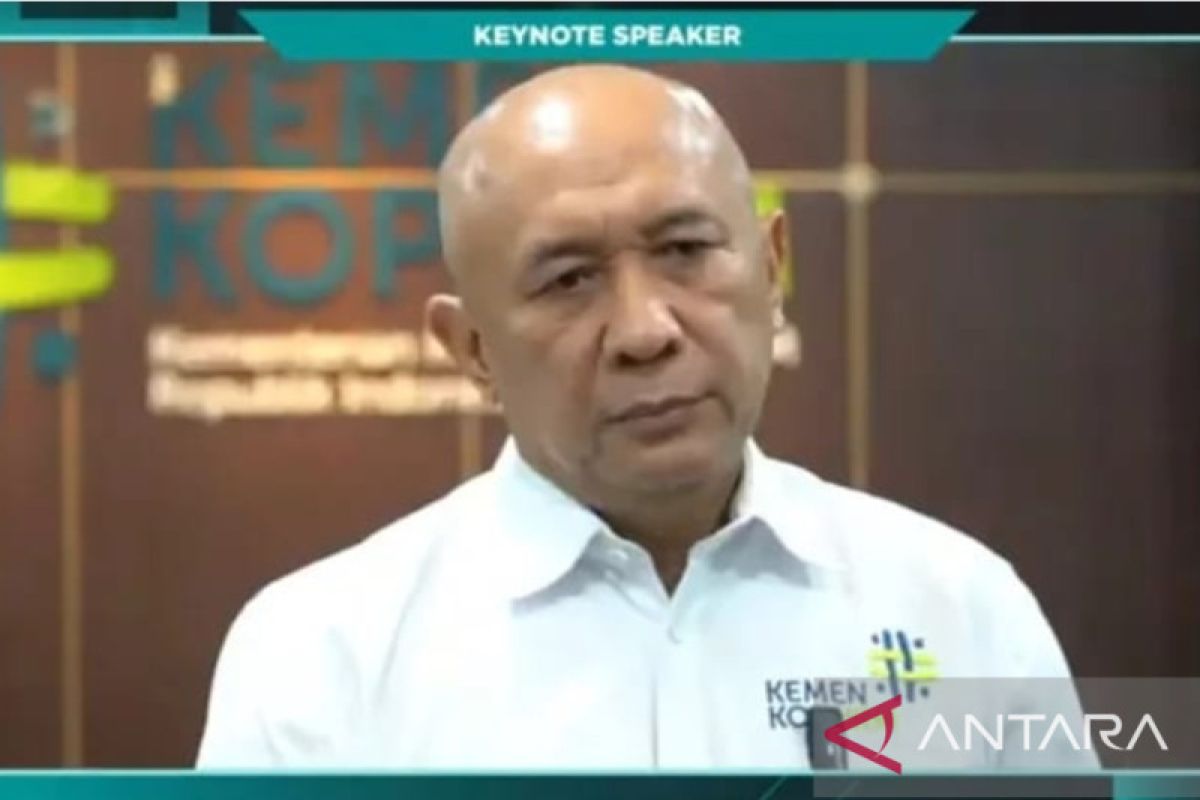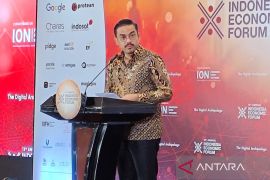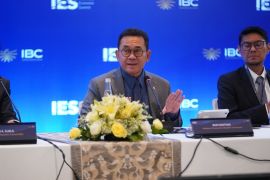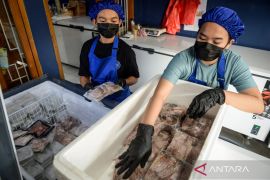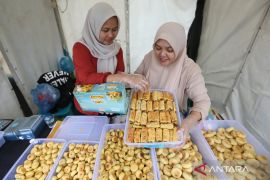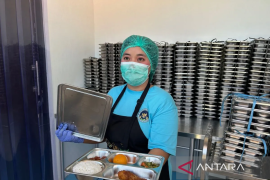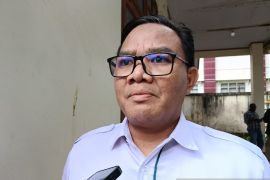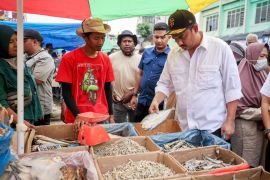"Currently, fintech players can do financing up to Rp2 billion without applying for collateral,"
he said in a statement released in Jakarta on Monday.
Even now, they have submitted proposals of up to Rp10 billion, especially MSME players that are connected to the government's e-catalog of goods and services. These steps should also be carried out by our banks, Masduki explained.
By emulating the fintech players' way, banking financing can be more easily accessed by MSMEs and can fulfill a financing portion of 30 percent of total bank credit, he said.
According to Masduki, MSMEs have a very strategic position and role in the Indonesian economy since they absorb 97 percent of the workforce and contribute 60.5 percent to the gross domestic product (GDP).
However, in terms of access to financing, until now, only 21 percent of MSMEs have been able to obtain bank credit.
"Collateral requirements are the biggest obstacle for MSMEs in accessing bank financing. In fact, in order for MSMEs to upgrade, we must provide easy access to financing to strengthen working capital and investment capital to be able to expand their business capacity," he said.
Therefore, state banks or private banks must be proactive in providing financing facilities, he added.
He said it is time for banks to update the old model of providing collateral-based loans to MSMEs.
"Many countries have started and have even implemented credit scoring in granting credit to MSMEs. If this can be done, the 30-percent target portion of banking credit for MSMEs as stated by Mr. President Joko Widodo will not be difficult to fulfill," he added.
According to Masduki, this has also been done by the fintech industry, which has greatly helped MSMEs that do not have assets and collateral to access financing more easily because they have applied technology in distributing financing.
To support the growth of MSMEs as the backbone of the national economy, the Financial Services Authority (OJK) has issued policies and regulations to encourage increased financing for MSMEs.
These policies include calculating the Risk Weighted Asset (RWA) for credit risk using a standard approach for commercial banks; extending credit/financing restructuring relaxation; promoting transparency and publication of prime lending rates; offering securities through information technology-based crowdfunding services; and implementing the cluster financing scheme (KUR) for the agricultural sector.
The proportion of bank credit provided to MSMEs was only 21.07 percent or Rp1.385 trillion of the total bank credit of Rp6.445 trillion in the first quarter of 2023.
Related news: Interest-free loans for MSMEs to be increased: Governor
Related news: AWDA Fintech, Batumbu to disburse Rp100-billion loans for MSMEs
Translator: Ade Irma Junida, Cindy Frishanti Octavia
Editor: Rahmad Nasution
Copyright © ANTARA 2023
